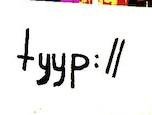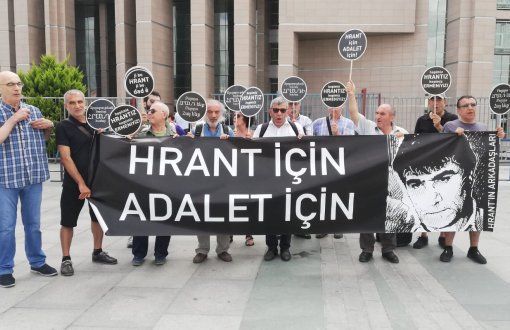bianet interviewed Berhan Soylu, an executive board member of Computer Engineers Chamber (BMO) on the impact of government’s bill proposal (Law Proposal No 5651) which will regulate the internet usage.
While most NGOs protest the omnibus bill on the ground that it will cause more censor on the internet, Soylu make the following warning:
“If the bill is legislated, right to information will be restricted, banned.”
What does URL-based restriction mean?
* Even though the current restriction measures may block users from accessing to the “inappropriate” content, one way or another you can go through and still access to the content. However, within the new bill, blocking will be URL-based and the possibility of going around bans will not be possible.
* Most importantly, user will not know whether the content they are looking for is restricted. The user will never be aware.
* When the user will click on the URL, there is three options: First, it will never open, second, it will be forwarded to another page, third, it will lead to an irrelevant information.
* It will be possible to track down the users who clicked on the content with URL-based restrictions.
* Authorities need to go through a legal process to block content within the current law. However, authorities will be able to block within the new bill.
From PM to MIT, From MIT to TIB, From TIP to people
* Access providers are companies like TTNET, Kablo Net and SuperOnline. Service providers are companies that provide email and other services. Content providers are the ones that provide website content.
* Access Providers Union (ESB) will be under Telecommunications Administration Authorities (TIB). And TIB’s president will be assigned by Turkey’s intelligence organization (MIT). And MIT is under Prime Ministry. Thus, it will be in the government’s competence to block web content without a democratic and judicial process.
* ESB will be an auto-inspection and autocensor mechanism. For instance, if a website receives a lot of complaint from users, ESBs will not want to work with those websites as we are talking about business here.
Backdoors
* Un-blocker sites like v-tunnel will be able to access restricted content as their URLS end with https and not http. The “s” means “secure” here. These sites are encrypted, so they won’t be tracked by DPIs. However, these sites will slow down the system. Today, not many users know these sites. But in the future, internet can be dramatically slow when 25 million people will use them at the same. There will be some economical consequences.
* It will also be possible to access sites using VPN-based encryption from a non-domestic address. But this will allow those VPNs to view the user’s personal information. Internet users will be more fragile to scams, frauds and other types of security risks.
Soylu continued that a lot of people had the mindset that they would “go around bans” at the end of the day as they are not “doing anything wrong”.
“A lot of people don’t react to these legislations because of this. But this is not different that the censure practices in the coup era as they are violating people’s right to be informed by unlawful means.
Lastly, Soylu predicted that this new bill will bring the end of “if turned down by the mainstream media, you can still publish on a blog” era.
“From now on, content will be removed entirely, people’s voices will be turned down,” he said.
The bill proposal is still being discussed in the parliament and the discussions will resume next week. (EA/BM)
* Photo credit: bobiler.örg












.jpg)
.jpg)